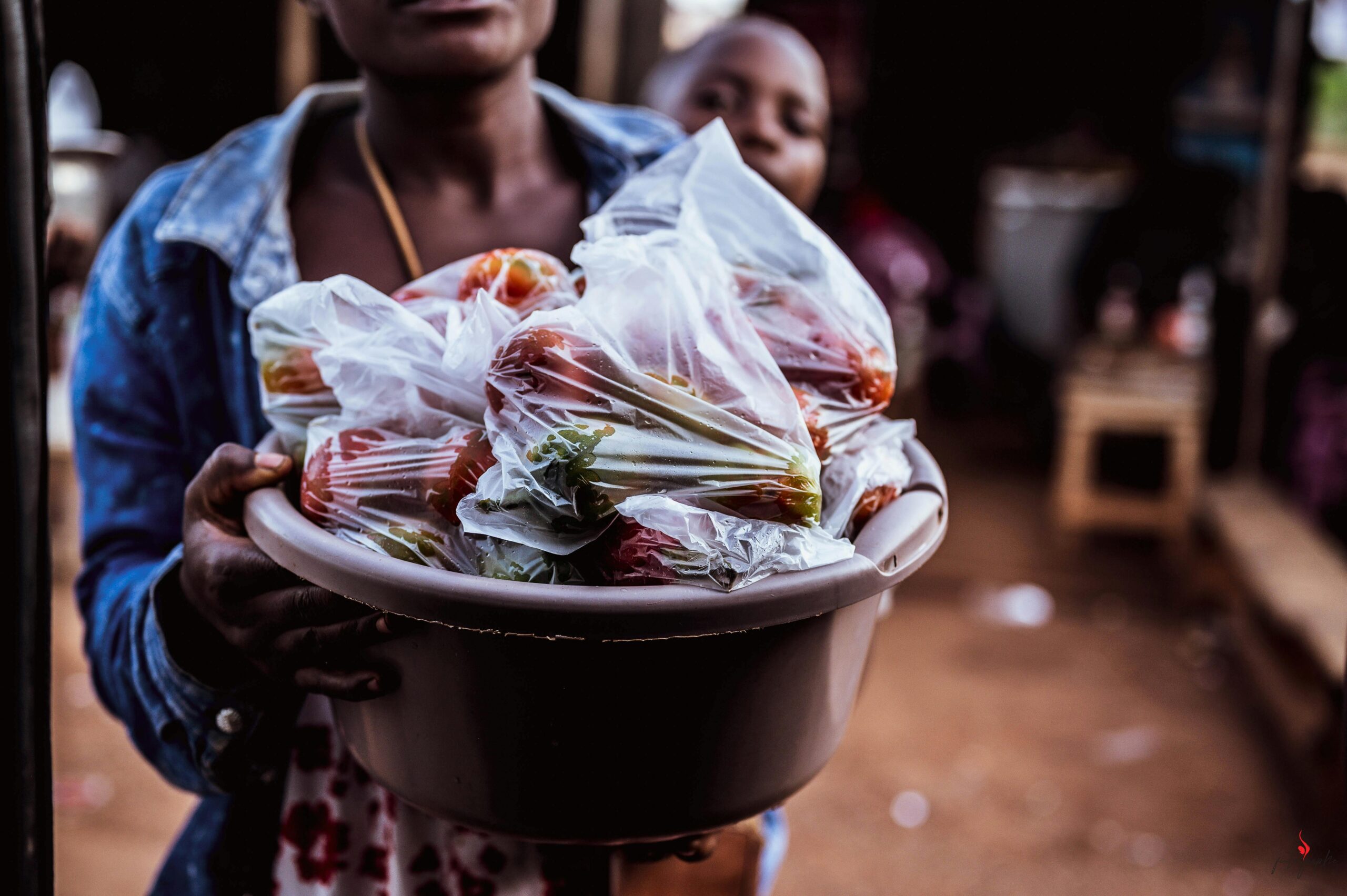Table of Contents
- Introduction: Embracing Sustainable Living in British Columbia
- Maximize Recycling Efforts in British Columbia
- Thrifting: A Smart Choice for Sustainable Living in Vancouver
- Unveiling the Benefits of Recycling and Thrifting
- Sustainability Tips for International Students
Introduction: Embracing Sustainable Living in British Columbia
British Columbia, particularly vibrant cities like Vancouver, offers a unique blend of natural beauty and urban living. For international students and newcomers, adapting to a sustainable lifestyle is not only beneficial for the environment but also a practical way to manage expenses and integrate into the community. This guide provides valuable insights into the recycling programs and thrifting opportunities available in BC.
Maximize Recycling Efforts in British Columbia
Recycling in British Columbia is a comprehensive system designed to minimize waste and conserve resources. The province boasts various initiatives that make it easy for residents to participate. Key aspects of the recycling program include:
- Curbside Recycling Programs: Most municipalities offer curbside collection services for recyclable materials such as paper, cardboard, plastics, and glass.
- Depot Locations: For items not accepted in curbside programs, such as electronics, batteries, and certain types of plastics, designated depot locations are available throughout the province.
- Return-It Centers: These centers focus on collecting refundable beverage containers, providing a financial incentive to recycle.
Understanding what materials are accepted in each program is crucial. Municipal websites typically provide detailed lists and guidelines. For example, the City of Vancouver’s website offers extensive resources on waste management and recycling.
Thrifting: A Smart Choice for Sustainable Living in Vancouver
Thrifting, or buying used items, is a popular and eco-friendly practice in British Columbia. Vancouver, in particular, has a thriving secondhand market. Here’s how you can make the most of it:
- Thrift Stores: Chains like Value Village and Salvation Army offer a wide range of clothing, furniture, and household items at affordable prices.
- Consignment Shops: These stores sell items on behalf of individuals, often featuring higher-quality, gently used goods.
- Online Marketplaces: Platforms like Facebook Marketplace and Craigslist provide opportunities to buy and sell used items locally.
- Garage Sales and Flea Markets: These events offer unique finds and the chance to negotiate prices directly with sellers.
When thrifting, consider the quality and condition of items. Inspect clothing for damage, and test electronics before purchasing. Thrifting not only reduces waste but also allows you to find unique and affordable items.
Unveiling the Benefits of Recycling and Thrifting
The advantages of embracing recycling and thrifting extend beyond environmental conservation. These practices offer significant economic and social benefits:
- Environmental Impact: Recycling reduces the need for raw materials, conserves energy, and minimizes pollution. Thrifting decreases the demand for new products, lessening the environmental footprint associated with manufacturing and transportation.
- Cost Savings: Buying used items is often significantly cheaper than purchasing new ones, helping you save money on clothing, furniture, and household goods.
- Community Engagement: Participating in local recycling programs and supporting thrift stores fosters a sense of community and social responsibility.
- Unique Finds: Thrifting allows you to discover one-of-a-kind items that add character to your home and wardrobe.
Sustainability Tips for International Students
For international students adjusting to life in British Columbia, adopting sustainable habits can be both rewarding and practical:
- Educate Yourself: Familiarize yourself with local recycling guidelines and waste management practices.
- Plan Your Purchases: Before buying new items, consider whether you can find them secondhand.
- Reduce Food Waste: Plan meals carefully, store leftovers properly, and compost food scraps.
- Use Reusable Items: Carry a reusable water bottle, coffee cup, and shopping bags.
- Participate in Community Events: Join local sustainability initiatives and volunteer opportunities.
By integrating these practices into your daily life, you can contribute to a more sustainable future while enjoying the many benefits of living in British Columbia.
Talk to us to find out more. ->
The content above is not intended to provide legal advice or opinions of any kind and may not be used for professional or commercial purposes.







